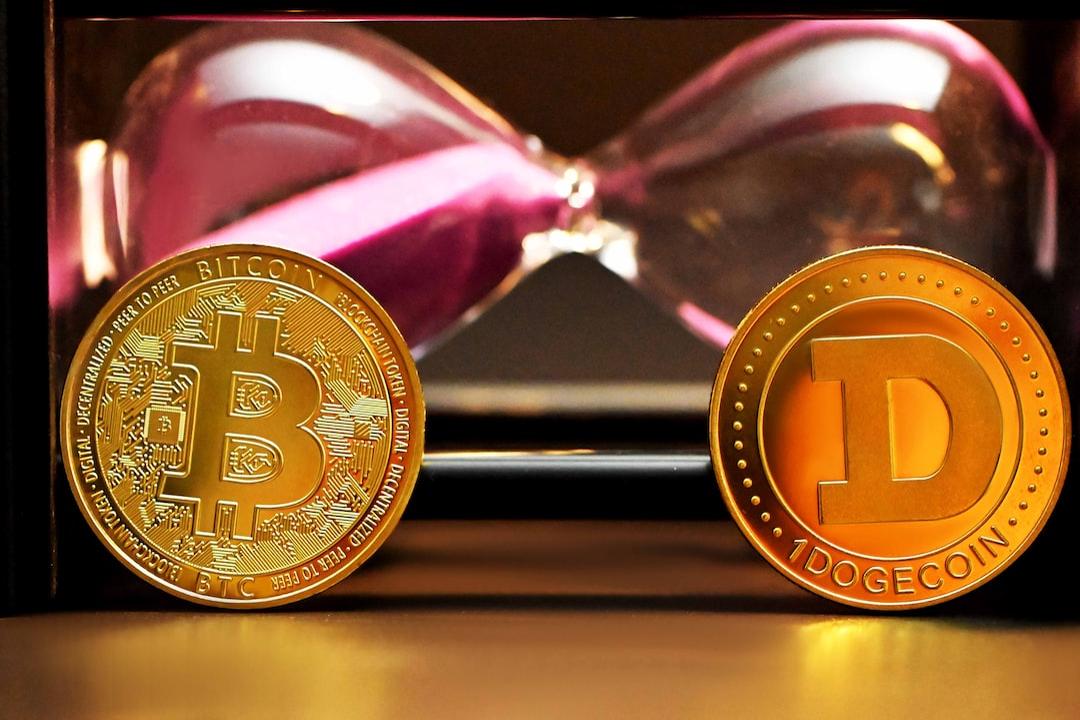The European Commission has chosen Iota’s Web3 Identification solution for the latest round of the European Blockchain Sandbox initiative (EBSI). This selection was part of the announcement made on June 13, revealing the participants for the second cohort of the EBSI. Iota, known for its open-source distributed ledger and cryptocurrency ecosystem, was among those selected.
Iota’s Web3 ID solution, developed in partnership with Walt.id, IDnow, Bloom Wallet, and HAVN, was emphasized in this selection. The company sees this as a significant achievement for its identity solution. The EBSI was established by the European Commission in 2023 as a platform for testing distributed ledger technology (DLT) solutions in various sectors.
Each cohort of the EBSI features up to 20 projects, providing a controlled environment for testing and validation, as well as direct engagement with regulators from the European Union. Other projects selected alongside Iota include RealEstate.Exchange (REX) DigiShares, DoxyChain, Hacken, and Origintrail.
Iota’s Web3 ID solution aims to revamp the conventional Know Your Customer (KYC) processes, which are often plagued by inefficiencies, high costs, and privacy concerns. The solution involves implementing a reusable KYC system through DLT and tokenization to enhance security and user control over personal data.
In this system, remote identification is conducted by IDnow to ensure compliance with EU Anti-Money Laundering (AML) and KYC regulations. The verified identity is tokenized and stored in the user’s wallet as a soulbound token, allowing it to be used across various Web3 applications for identity verification without revealing personal information.
As the EU moves towards implementing a digital ID scheme, with the European Digital Identity (EUDI) regulation updated on May 21, member states are required to provide EU digital identity wallets to all citizens and residents by 2026. These digital ID wallets will enable electronic signing and storage of documents, transforming the way European citizens live and work.
Meanwhile, initiatives like The Open Network blockchain ecosystem have dedicated $5 million of Toncoin (TON) tokens to incentivize users to verify their identity using advanced palm scanning technology, reflecting the industry’s focus on finding digital identity solutions in an increasingly digital world.

